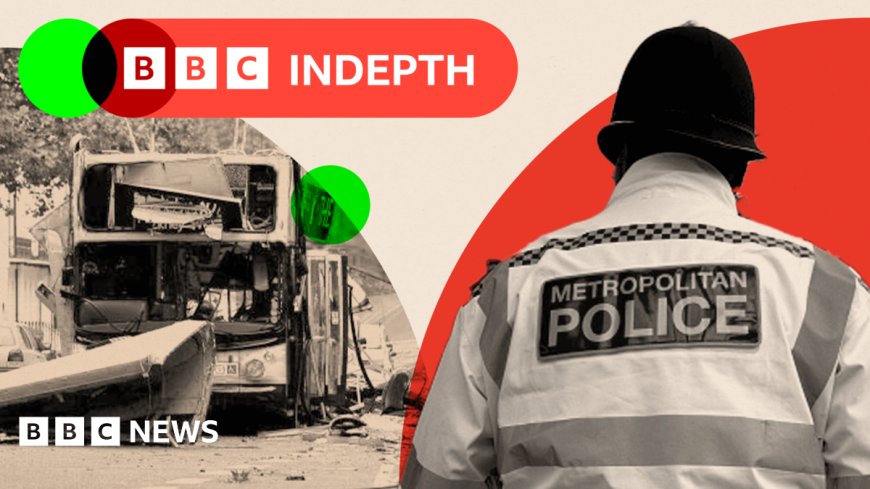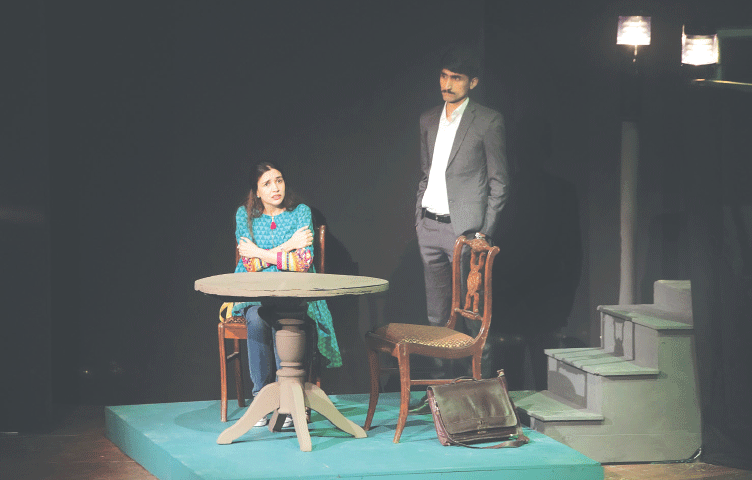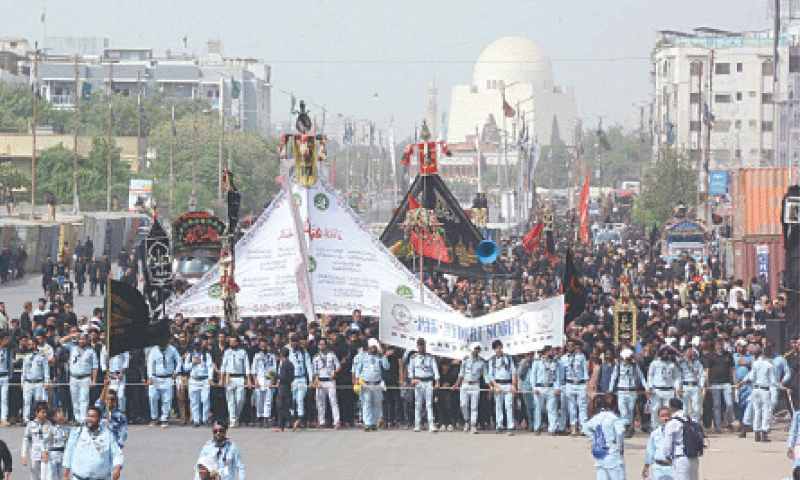Is the UK Safer 20 Years After 7/7 Attacks?
Debate over internet-fueled violence and the effectiveness of counter-terrorism measures in the UK. Recent events raise questions about the definition of terrorism and the powers needed to combat threats.

The case of the Southport murderer Alex Rudakubana, who had been repeatedly flagged to Prevent, is central to a discussion on internet-fueled violence. The upcoming public inquiry aims to find answers and may prompt a reevaluation of the definition of 'terrorism'.
Home Secretary Yvette Cooper's recent decision to outlaw Palestine Action under terrorism laws, due to significant criminal damage, is fueling a national debate on the threats faced by the counter-terrorism network.
Today, the UK's counter-terrorism network, with a dedicated secret headquarters in London, operates with enhanced powers. However, the threat landscape is more varied than ever before.
Since 2017, the police have reported 15 domestic terrorism incidents and have thwarted 43 'late-stage' plots.
In the aftermath of the 2005 attacks, Sir Tony Blair faced criticism for potentially infringing on civil liberties in pursuit of expanded security powers.
The question of whether the balance has been struck right will linger, influencing future leaders.
'The most fundamental liberty is protection from violence, especially random terrorist acts,' Blair emphasized. 'We must assess if our policy tools are sufficient to address the threat.'
According to the source: BBC.
What's Your Reaction?
 Like
0
Like
0
 Dislike
0
Dislike
0
 Love
0
Love
0
 Funny
0
Funny
0
 Angry
0
Angry
0
 Sad
0
Sad
0
 Wow
0
Wow
0












































































































































































